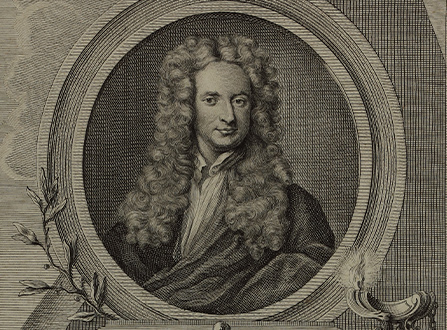Humanities Collection
The Humanities Collection, one of the cornerstones of the Library, boasts an established and important corpus of primary sources and essential secondary literature in the humanities.
The collection's main areas of specialization are history, the classics, philosophy, the history of Christianity and the history of the book, as well as the Edelstein Collection – a unique collection of the history of science, medicine and technology.
The collection also serves as a depository library for publications issued by the United Nations and the European Union, collating all materials and reports issued by these bodies.


